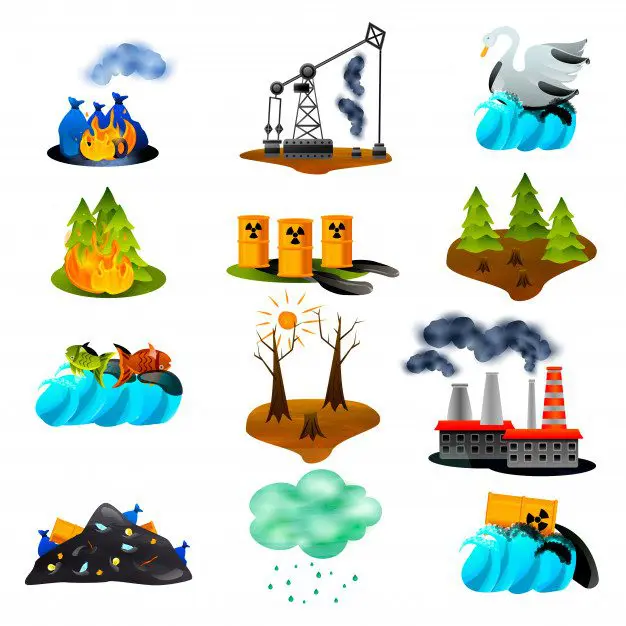The problem related to ecology is not only to clean public places and beaches from garbage – this is the concern of local municipal authorities; economic problems are an aesthetic issue that presupposes the preservation of visible harmony between the city and the environment. The problem is not limited to the fight against noise in megacities, nor to the love of endangered animals. All of these are consequences rather than a fundamental cause of the problem.
The former Swiss Metropolitan and Exarch for Western Europe of the Ecumenical Patriarchate Damascinus considered the environmental problem in its positive aspect, ie in its empirical and scientific significance, it is a complex problem consisting of numerous components, namely: 1. At the beginning of the third millennium of the Nativity of Christ, we will be depleted of the natural resources (water, oil fields, etc.) necessary for the lives of billions of people on the planet, the preservation and development of civilization; 2. The pollution of nature is constantly increasing – the air, the water, as a result of which the life in the seas disappears, the protective ozone layer in the atmosphere is destroyed; 3. As a result of the giant urbanization, the forests are being destroyed; the green cover disappears from the Earth’s surface, which leads to the transformation of human beings into a faceless, insane mass; 4. The consequences of the use of such natural forces as nuclear energy, whose radioactivity is deadly to humans by disrupting vital processes in the body and destroying flora and fauna, are unpredictable; 5. Created new synthetic substances, unknown in nature, non-biodegradable, which accumulate on the Earth and gradually turn it into a dump; these substances, destroying the natural beauty so necessary for the mental balance of man, as noted by the Christian apologist Athenagoras: “Beauty was not created by itself, but was sent by the will of the Lord.”
Let us start from the fact that the ecological problem is a problem absolutely theological and religious, a problem of faith and religious activity – of orthodoxy (or the correct glorification of God) and orthopraxy (ie the right actions in our earthly existence). The positive definition of the nature of the world as a creation of God, described in the first two chapters of the Book of Genesis (the first biblical book), which lists the elements of the environment: water (seas, rivers), minerals (gold, topaz, emeralds), flora (fruit trees, greenery), wildlife. All this is the perfect creation of God, wonderful in the creative biblical development, which presupposes order and harmony in the vast universe. Order and harmony are those cosmological biblical principles which, in the opinion of Greek thinkers, define the universe as the cosmos, as a harmonious universe.
The notion that God created the environment as a precondition for the natural survival and spiritual perpetuation of man is formulated in the first book of the Old Testament; and the Fathers of the Church, in particular St. John Chrysostom, explain the above as follows: “Man is the center to which the whole material world aspires, and it is the history of man that determines the history and destiny of the world.” Man was introduced to the Garden of Eden, to paradise, to be used as a crown of creation by the environment, with the duty to protect it, and this duty gives the human being the dignity of a caring ruler who has no right to destroy it.
The destruction of nature is described in the last book of Scripture, the Revelation of the Evangelist John.







